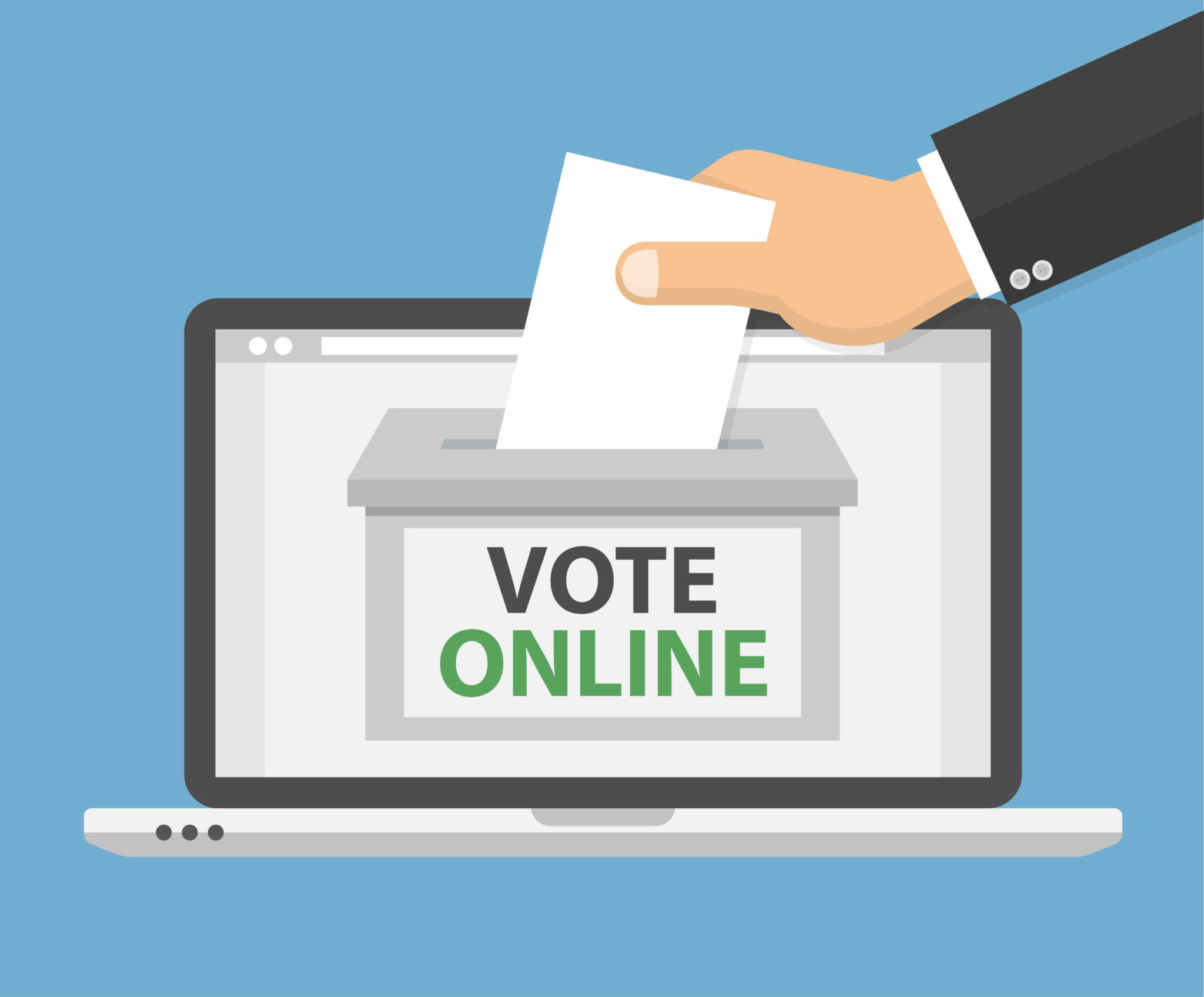Introduction: Traditional voting procedures are undergoing substantial change in an era dominated by technological breakthroughs. One notable advancement is the use of software mobile applications into the electoral process, sometimes known as e-voting. This ground-breaking technique promises to make voting more accessible, efficient, and transparent. In this essay, we will investigate the impact of software mobile applications on the e-voting process, including their advantages, disadvantages, and possibilities for transforming democratic behaviors.
Benefits of Software Mobile Applications in E-Voting:
Accessibility:
One of the primary advantages of incorporating software mobile applications in the e-voting process is the increased accessibility it offers to voters. By leveraging the widespread use of smartphones, citizens can cast their votes from the comfort of their homes or any location with internet connectivity. This accessibility promotes inclusivity and ensures that individuals with physical disabilities or those residing in remote areas can participate in the democratic process seamlessly.
Efficiency and Convenience:
E-voting streamlines the entire electoral process, reducing the need for physical infrastructure, paper ballots, and manual counting. Software mobile applications enable voters to complete the voting process quickly and conveniently, thereby minimizing the chances of long queues and waiting times at polling stations. This efficiency not only enhances the overall voter experience but also expedites the announcement of election results.
Increased Voter Turnout:
The ease of voting through mobile applications has the potential to increase voter turnout significantly. Citizens who may have been deterred by factors such as distance, time constraints, or physical disabilities can now participate in the electoral process with minimal effort. This increased participation contributes to a more representative and vibrant democracy.
Challenges and Considerations:
Security Concerns:
While the benefits of e-voting are apparent, concerns about the security of the voting process persist. Software mobile applications must implement robust encryption and security measures to safeguard against potential cyber threats and ensure the integrity of the electoral system. Addressing these security challenges is crucial to build trust among citizens and election stakeholders.
Digital Inclusivity:
The widespread adoption of e-voting assumes a certain level of digital literacy among the population. However, ensuring digital inclusivity remains a challenge, as some citizens may lack access to smartphones, reliable internet connectivity, or the necessary skills to navigate the technology. Policymakers must address these disparities to prevent the marginalization of certain demographics in the democratic process.
Transparency and Accountability:
Maintaining transparency in the e-voting process is paramount for its success. The development and implementation of software mobile applications should be accompanied by stringent auditing mechanisms to verify the accuracy of the results. Additionally, clear regulations and guidelines must be established to ensure accountability and prevent any potential manipulation of the voting system.
Conclusion:
The integration of software mobile applications in the e-voting process represents a significant step toward a more accessible, efficient, and inclusive democratic system. While challenges such as security concerns and digital inclusivity need to be addressed, the potential benefits in terms of increased voter turnout and streamlined electoral processes are substantial. As technology continues to advance, the careful implementation of e-voting solutions can contribute to the evolution of democracy, making civic participation more accessible to a broader spectrum of the population.
1. How do software mobile applications enhance accessibility in the e-voting process?
Software mobile applications make the e-voting process more accessible by allowing citizens to cast their votes from any location with internet connectivity. This eliminates the need for physical presence at polling stations, making it easier for individuals with disabilities or those in remote areas to participate in the democratic process.
2. What security measures are in place to protect the integrity of the e-voting process through mobile applications?
To ensure the security of the e-voting process, mobile applications implement robust encryption and security protocols. These measures are designed to safeguard against potential cyber threats and guarantee the confidentiality and accuracy of the votes cast through the application.
3. How does the use of software mobile applications in e-voting contribute to increased voter turnout?
The convenience and efficiency offered by software mobile applications in the e-voting process have the potential to significantly increase voter turnout. Citizens who may have been deterred by factors such as distance or time constraints can now participate easily, fostering a more representative and engaged electorate.
4. What challenges exist in terms of digital inclusivity in the adoption of e-voting through mobile applications?
Digital inclusivity remains a challenge in the widespread adoption of e-voting. Some citizens may lack access to smartphones, reliable internet connectivity, or the necessary digital literacy skills. Policymakers must address these disparities to prevent the marginalization of certain demographics in the democratic process.
5. How can transparency and accountability be ensured in the implementation of e-voting through mobile applications?
Maintaining transparency and accountability is crucial in the e-voting process. This involves the implementation of stringent auditing mechanisms to verify the accuracy of results. Additionally, clear regulations and guidelines must be established to prevent any potential manipulation of the voting system, ensuring the integrity of the electoral process.


